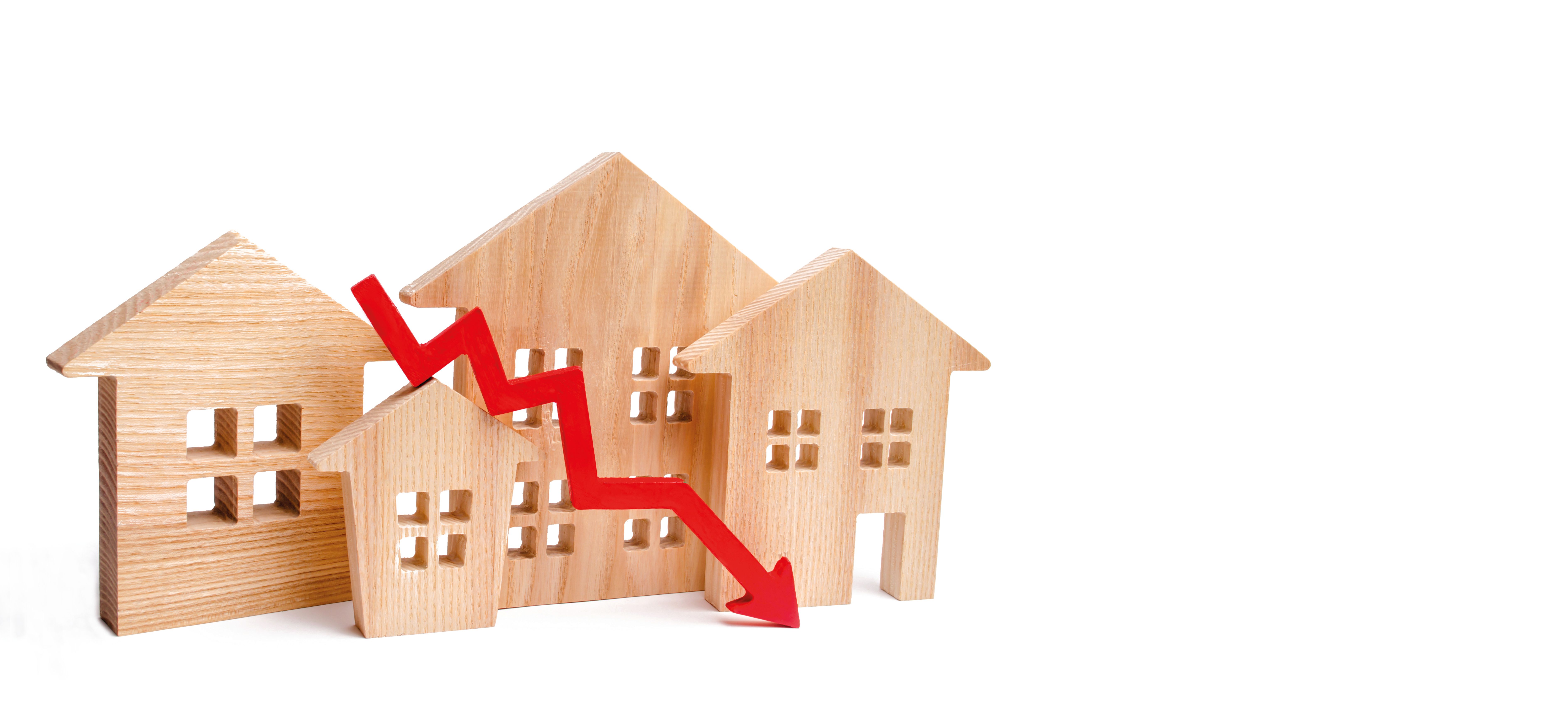
Overall activity continues to weaken across the sales market, with higher interest rates and a difficult macroeconomic outlook both taking their toll on buyer sentiment, the latest Rics UK Residential Survey results reveal.
The latest survey found that rising demand and falling supply have sent rental prices upwards.
For the seventh month in a row, buyer demand continued to fall, with the net balance coming in at -38%.
While this is less negative than the -53% reported in the previous month, the market remains in a firmly downward trend, which Rics expects to continue in the near term.
A national net balance of -35% was reported for agreed sales, which indicates a continued decline in sales activity.
While this is marginally less negative than the reading of -45% posted in October, it’s the second month in a row that respondents across every UK region reported a decline in agreed sales.
Rics says this demonstrates what is now a consistently negative picture at the national level.
The survey’s measure of new instructions coming onto the sales market also remains in negative territory, posting a net balance of -9% at the national level.
Average stock levels on estate agents’ books ticked up marginally in November, moving from 34 to 35 properties.
A net balance of -25% of survey participants witnessed a fall in house prices at the national level over the month, which is the lowest reading since May this year.
Prices are reportedly retreating across most parts of the UK, with the latest feedback especially downcast in the South East and South West of England.
Prices continue to edge higher in Scotland and Northern Ireland but at a slower pace compared to earlier in the year.
Over the coming 12 months, an aggregate net balance of -61% of contributors foresee a further decline in house prices.
Tenant demand continues to rise, evidenced by a net balance of +35% of respondents reporting a pick-up last month.
In addition, the flow of fresh supply becoming available on the rental market continues to dwindle, as a net balance of -27% of respondents highlighted a decline in landlord instructions this month.
A headline net balance of +43% of contributors anticipate rental prices moving higher over the coming three months, although Rics says this is somewhat moderate when compared to a recent high of +66% back in February this year.
Rics chief economist Simon Rubinsohn says: “The overall tone of the latest Rics Residential Survey is understandably more downbeat than previously, reflecting the uncertain macro environment and the higher cost of mortgage finance.”
“However, anecdotal comments from respondents capture the very real significant divergences in market behaviour at a more localised level.”
“Although the headline price balance recorded two consecutive modest monthly falls in prices, and the forward-looking series indicate that this trend will extend through the coming months, the likely ‘job-rich’ recession suggests the downturn in the housing market this time could be shallower compared with past experiences.”
“Meanwhile, the imbalance in the rental market remains significant as landlord instructions continue to fall and is consistent with further increases in rents, even if the momentum does appear to be slowing just a little.”
Commenting on the report RIB managing director Antony Antoniou adds: “The only real answer to unaffordable rents is that the Government must do more – they need to ease the housing shortage and improve the quality of our housing stock.”
“One way to do this is to simplify the planning process and encourage the long-term investment or holding of property by developers. The creation of planning classes or Government assistance for properties which are built to let rather than sale, would de-risk and encourage investment into this sector.
“Housebuilders are ready and able to address this challenge, but this is the first time in decades where Government assistance in that sector has been taken away.”
“The industry could grind to a halt as more and more developers go into administration (up 75% year on year) – due to skyrocketing material and energy costs, planning delays and fiscal uncertainty. The time to act is now.”



